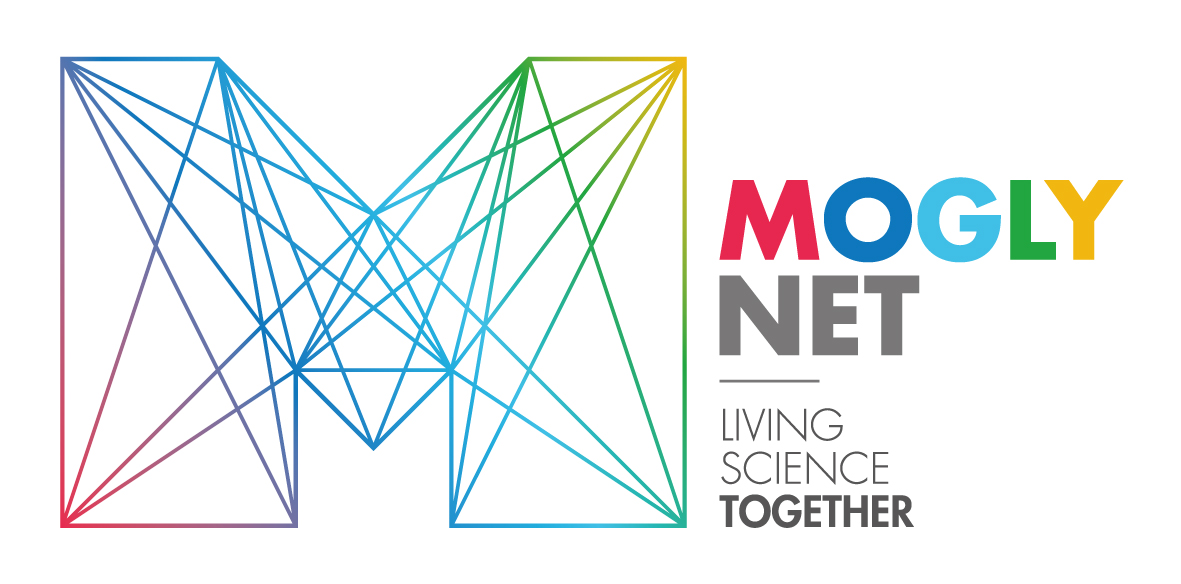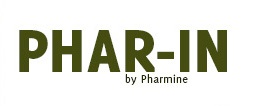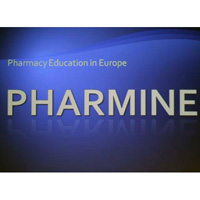
This paper is an update of a previous EIPG paper (Vol.1, 2020) and intends to raise awareness of the changing requirements of the professional profile of Industrial Pharmacists for Pharmacists at any stage of their career who intend to pursue careers in the Pharmaceutical Industry and those involved in the education of Pharmacists to update the education provided accordingly.
This paper is aimed at Pharmacists at all stages of their careers, including Pharmacy students, early career Pharmacists and Pharmacists working in a sector other than the Pharmaceutical Industry. The considerations presented are based on the collective expertise of the group. Therefore, this paper should be consulted as a starting point and is not a complete discussion of Pharmacist knowledge, competencies and skills nor a comprehensive overview of the Pharmaceutical Industry.
The EIPG with responsibility for the Pharmaceutical World, decided to continue the Project of the Advisory Group of Competencies. They used as a baseline document the first version of the position paper from 2020, in order to update the missing or outdated areas in the Pharmaceutical Industry. By examining some new trends and evolutions in drug science and technology, they explained the opportunities and challenges that are likely to arrive. All this information is intended for those at any stage of their Pharmacy career who want to understand their potential within the Pharmaceutical Industry.
The target of the project is to evaluate and determine the roles where the Industrial Pharmacist will work in the future and what knowledge, competencies and skills are needed to fulfill the requirements in these future roles. It is a shared understanding that there are gaps in the current curricula, but academia cannot cover all the needs of the Pharmaceutical Industry. For this reason, the Advisory Group have made some recommendations and proposals to recognize and fill those gaps. Hence, Pharmacists will have a clear view of the various roles in the pharmaceutical life cycle, and will be able to identify areas to develop on order to secure selected roles in the industry. This document may also be helpful in differentiating Pharmacists from other professions when applying for these roles.
- Advisory Group on Competencies publications:

EIPG is a partner in this important project and will be involved in the recruitment phase of students for this project and in the assistance for setting up appropriate training courses promoting an integrated knowledge between university research and pharmaceutical industrial expectations. Anni Svala, EIPG Vice-President Education and Careers and Finnish delegate, is in charge of representing EIPG in this project.
The MOGLYNET project brochure is available online for further information on the project.
- MOGLYNET Publications
- MOGLYNET – Modulation of glycolytic flux as a new approach for treatment of atherosclerosis and plaque stabilization: a multidisciplinary study – H2020. Impact 2017, 8, 26

The aim of the project is to recruit a panel of industrialists and educationalists that will propose a list of competences and outcomes required for education in biotechnology for future and current employees in the pharmaceutical industry. These will then be ranked using Delphi methodology in importance by a wider panel of industrialists and academics (drawn in a first stage from EIPG and EAFP membership with a snowballing effect for recruitment of others). Using several rounds of the Delphi process, a consensual, hierarchal list of competences and outcomes will be produced and possible factoid competences removed. The list will then be used to adapt the education and training in biotechnology given at HEIs.
- PHAR-IN Publications
- A European competence framework for industrial pharmacy practice in biotechnology. Pharmacy 2015, 3, 101
- Competences for industrial pharmacy practice in biotechnology – the PHAR-IN project. european Industrial Pharmacy 2015, 24, 23
- Competences for industrial pharmacy practice in biotechnology – the PHAR-IN project. european Industrial Pharmacy 2013, 18, 14

To do this the consortium will survey existing EU pharmacy curricula and attempts to adapt these to the Bologna process. The consortium will then produce a common competency curriculum as well as curricula for specialized pharmacy practice. This will be presented to the EU commission, national authorities and national professional pharmacy bodies. The aim is to put forward an EU standard for pharmacy education and training to be adopted by both the older and newer member states as well as candidates for EU membership and countries in non-EU areas such as Africa, China, India and South America. EAFP will provide advice, quality assurance and approval to countries and higher education institutions wishing to adopt this new EU standard for pharmacy education and training.
The PHARMINE project has been funded with support from the European Commission, Lifelong Learning Programme of the European Union.
- PHARMINE Publications
- Survey of pharmaceutical education in Europe. european Industrial Pharmacy 2012, 13, 17
- The PHARMINE paradigm – matching the supply of pharmacy education and training to demands. european Industrial Pharmacy 2010, 6, 4





